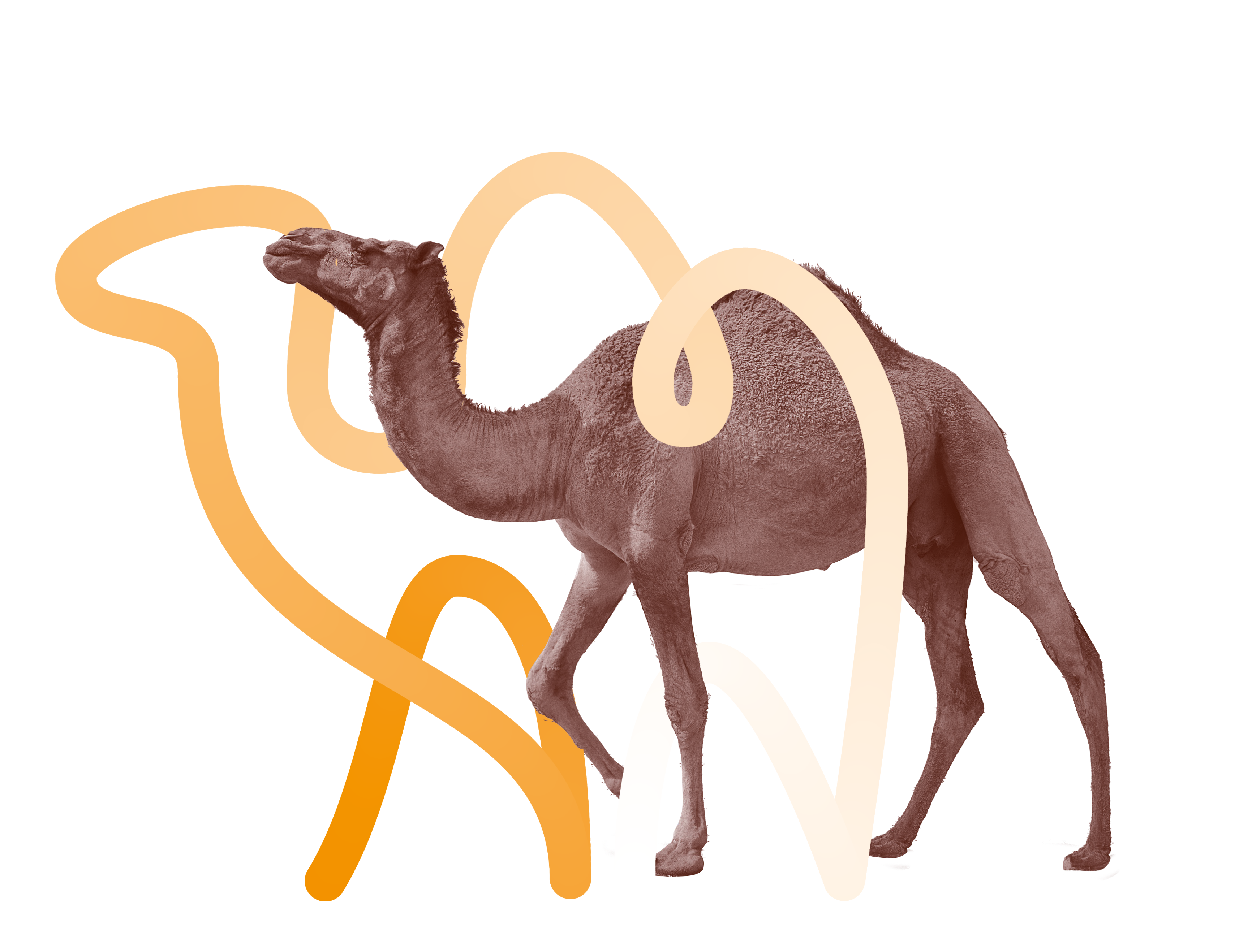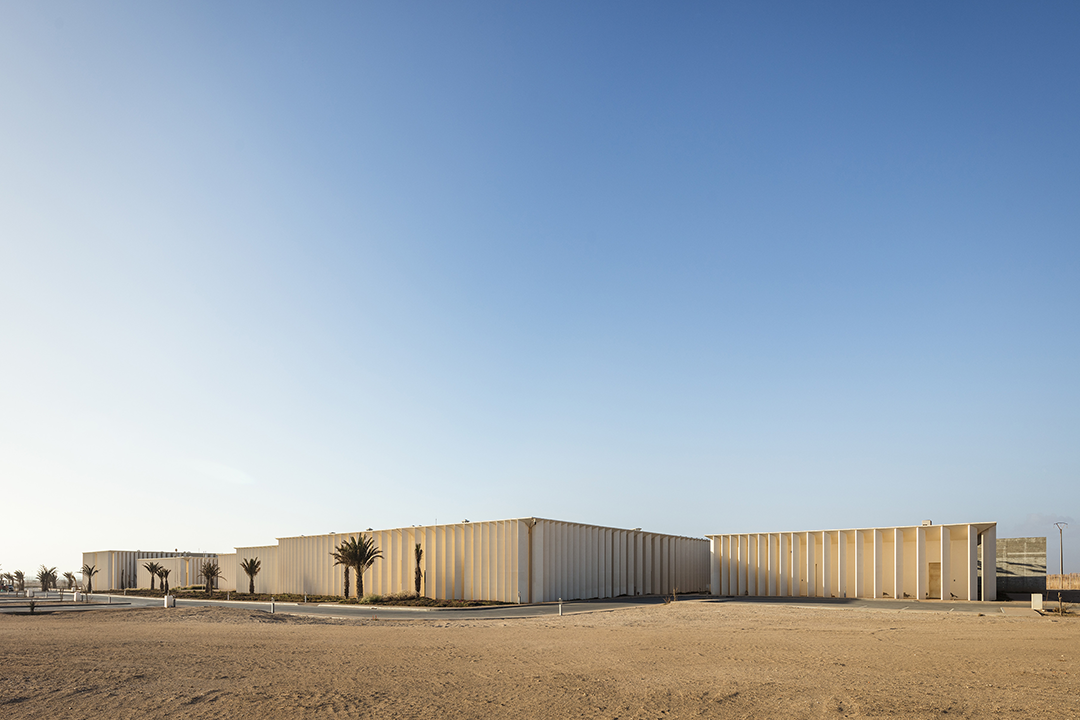timetics domain was triggered too early. This is usually an indicator for some code in the plugin or theme running too early. Translations should be loaded at the init action or later. Please see Debugging in WordPress for more information. (This message was added in version 6.7.0.) in /home/camelconfump/public_html/wp-includes/functions.php on line 6121eventin domain was triggered too early. This is usually an indicator for some code in the plugin or theme running too early. Translations should be loaded at the init action or later. Please see Debugging in WordPress for more information. (This message was added in version 6.7.0.) in /home/camelconfump/public_html/wp-includes/functions.php on line 6121exhibz a été déclenché trop tôt. Cela indique généralement que du code dans l’extension ou le thème s’exécute trop tôt. Les traductions doivent être chargées au moment de l’action init ou plus tard. Veuillez lire Débogage dans WordPress (en) pour plus d’informations. (Ce message a été ajouté à la version 6.7.0.) in /home/camelconfump/public_html/wp-includes/functions.php on line 6121International Conference on


About ASARI
ASARI is the African Sustainable Agriculture Research Institute. We are part of Mohammed VI Polytechnic University. The Institute aims to become an african reference in terms of Innovation in the fields of biosaline agriculture, agro-industry, water & energy, and biomass valorization in a local and regional context .
In 2024, the UN has designated
it as the International Year of Camelids (IYC 2024) to highlight the crucial role these animals play in supporting impoverished families in harsh environments.
This conference aims to underscore the importance of camelids in terms of food security, biodiversity conservation, and income enhancement.
For details, visit the: Poster guidelines EPC 2016
The University of Queensland, Australia.

Micro

Micro

Micro

Micro
Oral presentations